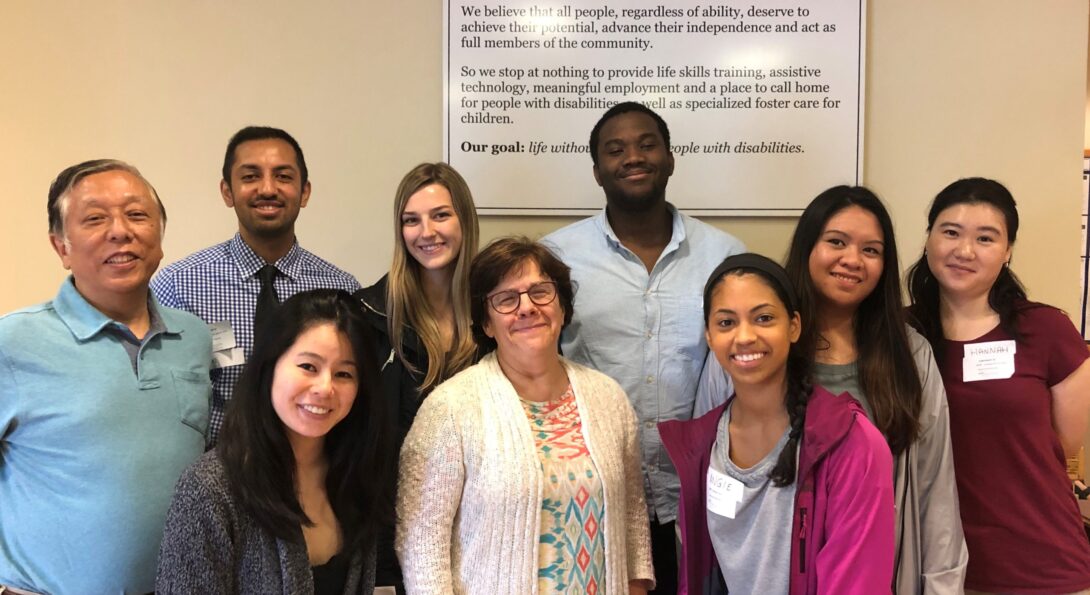DHD partners with UIC Department of Family Medicine to expand disability training for medical students

For someone with an intellectual or developmental disability, even a routine visit to the doctor can be an uncomfortable, even fearful, experience.
Medical advances mean people with IDD are living longer. However, compared to the general population, they experience disparities in access to health care and health outcomes, says disability researcher Kiyoshi Yamaki.
One reason, Yamaki says: society’s move away from deinstitutionalization means more people with IDD now live in the community and get their health care from providers who have little experience or training in treating people with IDD.
That’s why Yamaki collaborated with UIC family medicine faculty and a local nonprofit organization to establish an educational program that brings medical students and people with IDD together to eliminate stereotypes and break down barriers to health care.
The program, which began in the Department of Disability and Human Development in 2011, has expanded to three other Illinois universities—Northwestern, University of Chicago and Southern Illinois University—with recent funding from the Illinois Council on Developmental Disabilities.
“It’s an eye-opening experience for many of the medical students,” says Yamaki, DHD research associate professor.
The program, developed in collaboration with Maureen Gecht-Silver, associate director of medical student education in the Department of Family Medicine, is part of the family practice clerkship.
With only five to seven students each time, “it’s a very intensive interaction,” Yamaki says.